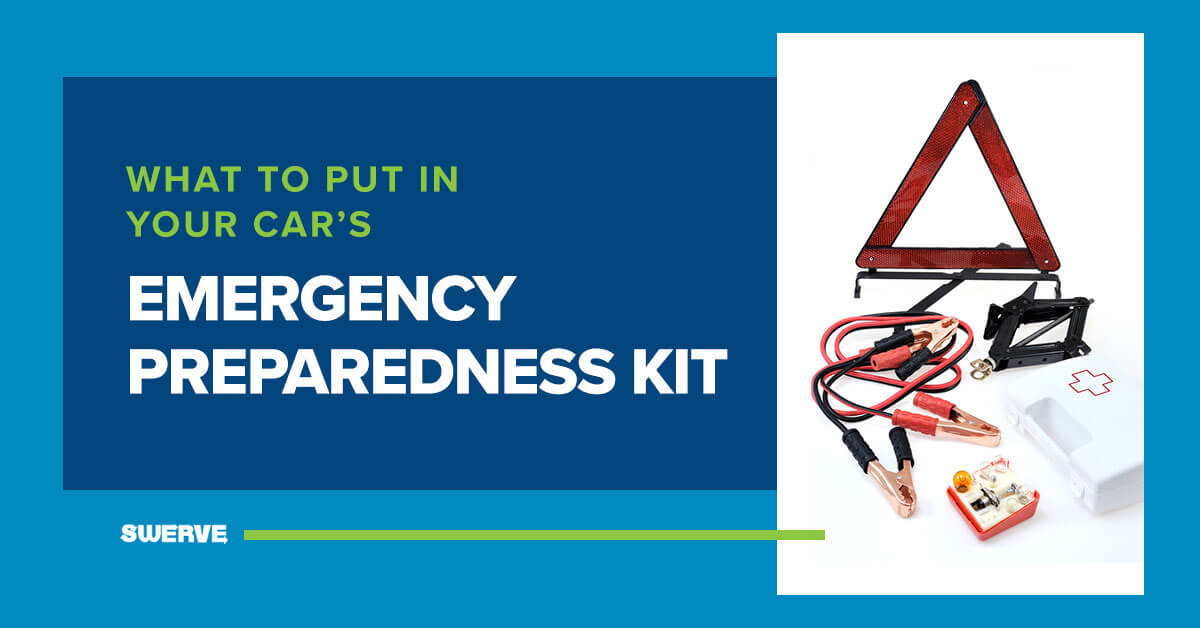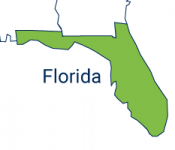 Making an emergency preparedness kit for your car is so important that you should put one in each of your family’s vehicles. When putting together your kit, there are three categories of items you should consider; medical, breakdowns, and emergency supplies.
Making an emergency preparedness kit for your car is so important that you should put one in each of your family’s vehicles. When putting together your kit, there are three categories of items you should consider; medical, breakdowns, and emergency supplies.
Medical
Medical emergencies can happen any time, any place, even in your car. If you get in a car crash or drive up to crash, you will be glad that you have some basic medical supplies on hand until help arrives.
If you are out for the day in the mountains or spending the day at the beach, injuries can happen there too and having some first aid items in your car can be very useful. Plenty of big box stores have pre-made first aid kits to buy, or you can make your own. If you decide to put your own first aid kit together, consider the following items:
- Band-Aids
- Antibacterial ointment
- Burn cream
- Gauze pads
- Ace Bandage Wrap
- Anti-diarrheal medicine
- Antacids
- Pain medication such as Tylenol or Aspirin
- Antiseptic
- Sunscreen
- Bug spray
- Hand sanitizer
Store all items in a container that closes securely. Rotate items that have an expiration date and keep the kit in your car.
Breakdowns
Cars are something that everyone hopes will always work properly, there are times that they won’t start or have something break while on the road. While you can’t anticipate everything that can go wrong, there are some basic supplies to keep in your car, like
- Jumper cables
- Spare tire
- Tire iron and jack
- Flashlight
- Tool kit
- Road flares
Even if you don’t know how to fix your car, it is a good idea to keep these items in it so you have the things you need if someone pulls over to help you.
Emergency Supplies
Some items that are good for your car for unanticipated emergencies are bottles of water, long-lasting food items, and extra clothing. If you are ever stranded or find yourself in a remote area, it is a good idea to have bottled water for drinking, pouring in your radiator, or washing off an injury.
In this instance, you might need food as well, so consider keeping granola bars, jerky, crackers, or other items that last a while in your car. Extra clothing such as a poncho, sweatshirt, jacket, socks, or even some extra shoes for if you need to layer up or walk a long distance for gas.
Other Things to Consider
Depending on where you live, there are other items you should consider. Live in a snowy environment? Add an extra ice scraper to your back seat and pack some extra blankets. If you live in a hot climate, make sure you have a lot of extra water in your car and a hat.
The time of life you are in is also something to consider. If you have a young family, keep an extra pack of diapers, some formula, and toys in the car. No matter what you include in your emergency preparedness kit, just be sure to pack one and be intentional about your items.


